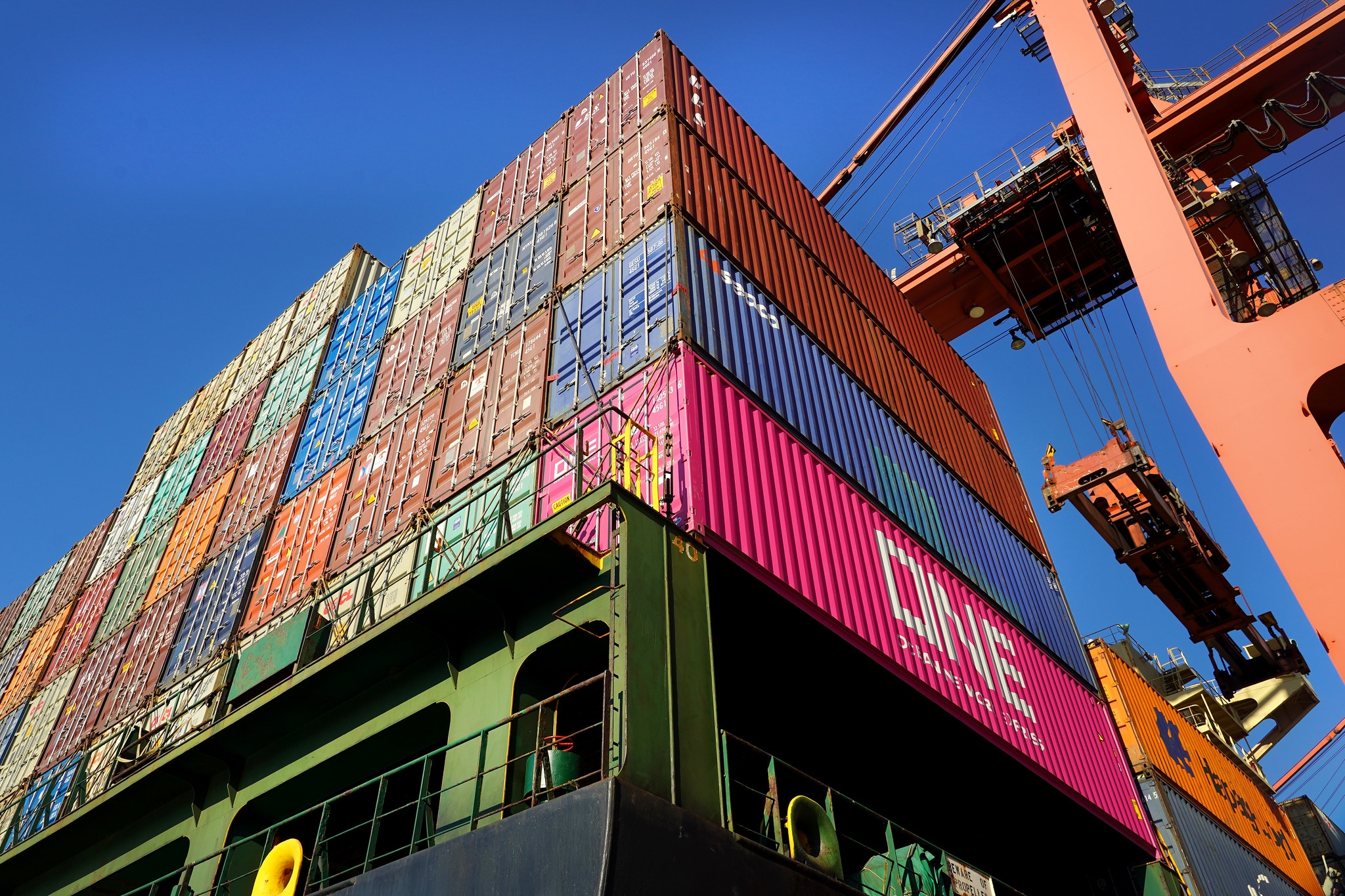
This project sought to address non-conformity with international sanitary and phytosanitary (SPS) standards, particularly in the mango and potato sectors, by building phytosanitary capacity in Guinea. Weaknesses in phytosanitary control exposed goods to the risk of rejection in international markets. This project contributed to United Nations Sustainable Development Goal 2: End hunger and promote sustainable agriculture.
The project specifically targeted the mango and potato sectors, as they had high export potential for Guinea but were severely affected by phytosanitary problems. Post-harvest losses, particularly in the mango sector (estimated at between 60 and 85%), stemmed from an inability to implement effective phytosanitary measures and to access markets.
The 2017 Phytosanitary Capacity Evaluation (PCE) exposed major weaknesses in the Guinean phytosanitary control system, including non-conformity with international standards. Such shortcomings prevented Guinean exporters from meeting the requirements of international markets, like that of the European Union, for example, where SPS compliance is key to preventing goods from being rejected.
Owing to such shortcomings, the country's export opportunities were limited, which hindered economic development and agricultural competitiveness. The project sought to address such challenges in order to improve the quality of Guinean goods, build confidence among trading partners and thereby increase access to international markets, while supporting food security and sustainable development.
Improved governance of the phytosanitary system
The aim was to bolster the capacity of Guinean authorities with respect to phytosanitary control, inspection and certification by updating the legislative and regulatory framework in order to ensure conformity with international standards.
The objective of aligning Guinean legislative and regulatory texts with International Plant Protection Convention (IPPC) standards and the WTO SPS Agreement was fully realized. A draft law and three regulatory texts were drawn up and validated by stakeholders, marking a major milestone in improving phytosanitary control, inspection and certification practices in the country.
Strengthened operational procedures of the phytosanitary system, in accordance with International Standards for Phytosanitary Measures (ISPMs)
The purpose of the project was to strengthen the capacity of Guinean phytosanitary authorities with respect to risk analysis, inspection, certification and the implementation of surveillance systems for priority crops, while harmonizing practices with international standards.
The project built phytosanitary capacity in Guinea through a number of initiatives. The list of regulated pests was updated for priority crops, and a mildew alert system was developed, including installing weather stations and training 55 operators, of whom seven were women. Phytosanitary control procedures were developed, as was a good practice guide for the potato sector. Finally, a quality management system that complies with International Organization for Standardization (ISO) 17020 was introduced through internal audits and the drafting of 12 procedural documents.
Enhanced capacity of key stakeholders
The aim was to build the capacity of stakeholders in the potato and mango sectors, both individually and collectively, in order to resolve common issues and take concerted action.
Achievements include training DNPV-DS officers in phytosanitary risk analysis and 181 private stakeholders in fruit fly management. Furthermore, 55 officers were trained in effective mildew control techniques and identifying other potato blights. With respect to official control, 20 DNPV-DS officers were trained in quality control of imported seeds. Moreover, 17 supervisors became trainers and went on to train 260 potato producers, including 148 women, in sustainable production practices, following the development of the Good Practice Guide for the potato sector, ensuring the sustainability of national phytosanitary measures.
Strengthened communication dynamics and enhanced capacity of key stakeholders in the phytosanitary system
The project effectively strengthened communication and built the capacity of phytosanitary stakeholders. Events such as meetings with decentralized services and the first International Day of Plant Health in Guinea fostered dialogue between agricultural and phytosanitary stakeholders. Workshops also provided an opportunity to share achievements and train technicians. Finally, panel discussions made it possible to strengthen stakeholder collaboration.
Building institutional capacity
Creating an internal training unit within the DNPV-DS has proved to be a crucial step towards ensuring the continuity of skills despite retirements. This will institutionalize continuous training, thereby improving organizational resilience and the retention of qualified staff.
Public-public and public-private collaboration and synergies
Developing the Good Practice Guide in collaboration with umbrella organizations (Union of Agricultural Groups of Labé (UGAL), Fouta Djallon Farmers' Federation (FPFD), PFFL-KOLLAGUEL, Union of Agricultural Groups of Soumbalako (UGAS)), the Ministry of Agriculture (DNPV-DS, Guinean Institute for Agricultural Research (IRAG), Horticultural Promotion Centre of Dalaba) and non-governmental organizations (Enabel, European Cooperative for Rural Development (EUCORD)) has facilitated effective collaboration between public services and professional organizations. This has ensured the wider adoption of the Good Practice Guide and strengthened private stakeholder engagement in quality and food security initiatives.
Use of innovative technology
A mildew warning system for potatoes, based on meteorological data and a computer model and monitored by umbrella organization technicians and the agricultural advisory service, has been successfully introduced. This system has not only improved monitoring of potato mildew but also bolstered farmers' confidence in agronomic advice.
Sustainability
Local capacity-building through coaching by international experts has ensured the sustainable exploitation of local expertise. National trainers are now equipped to continue providing training and expertise beyond the project, ensuring the sustainability of development efforts.